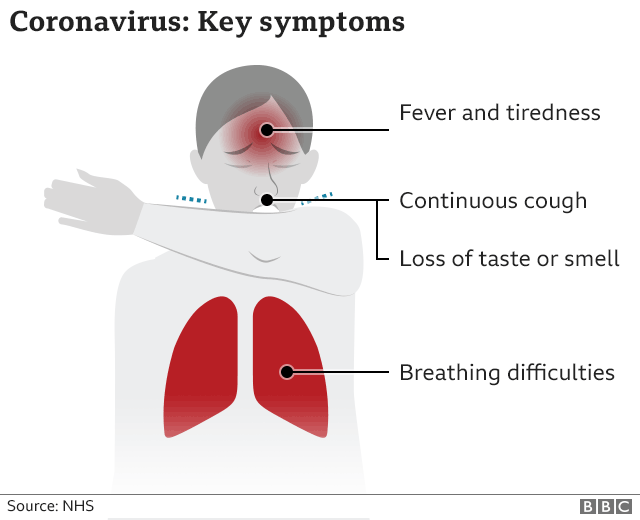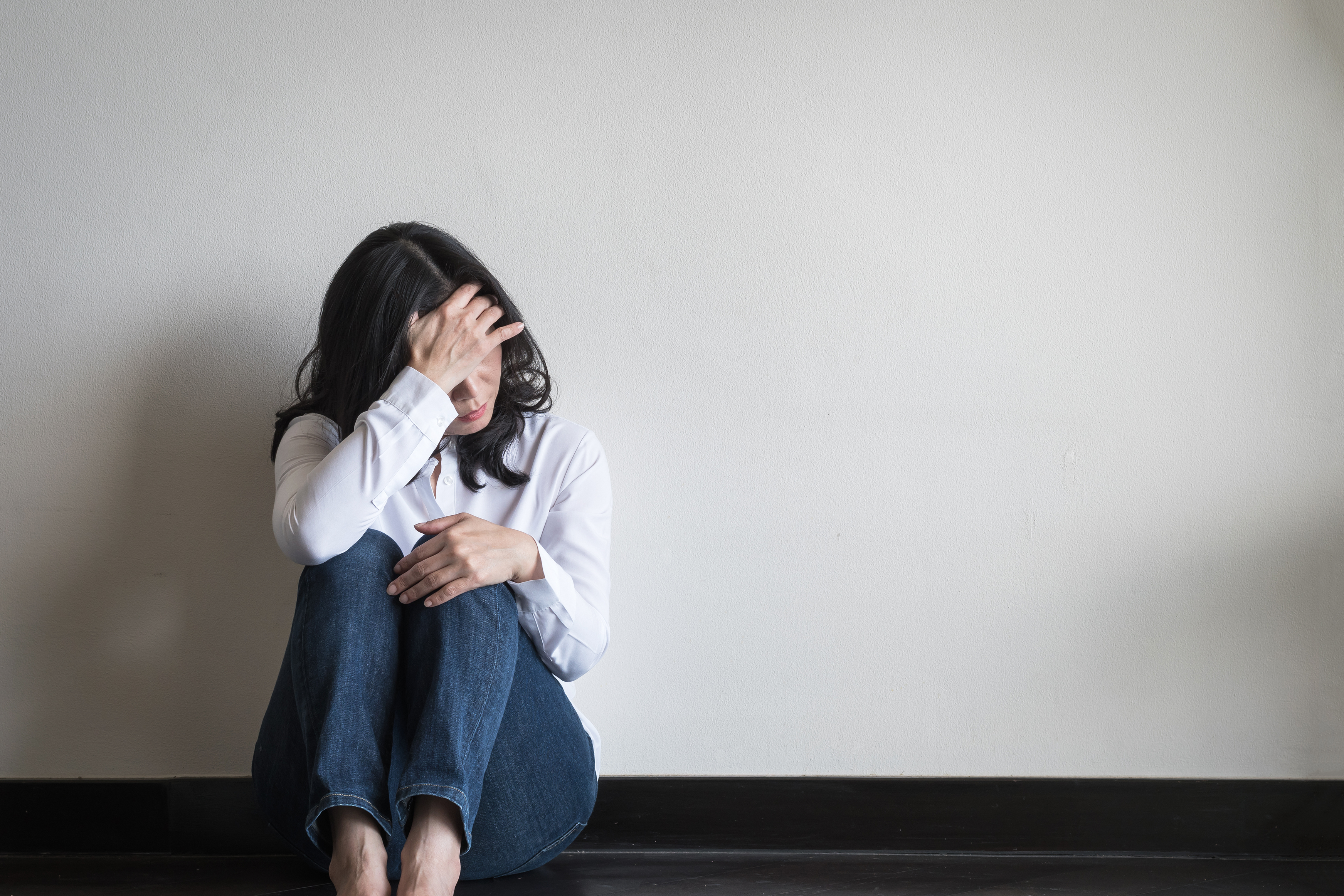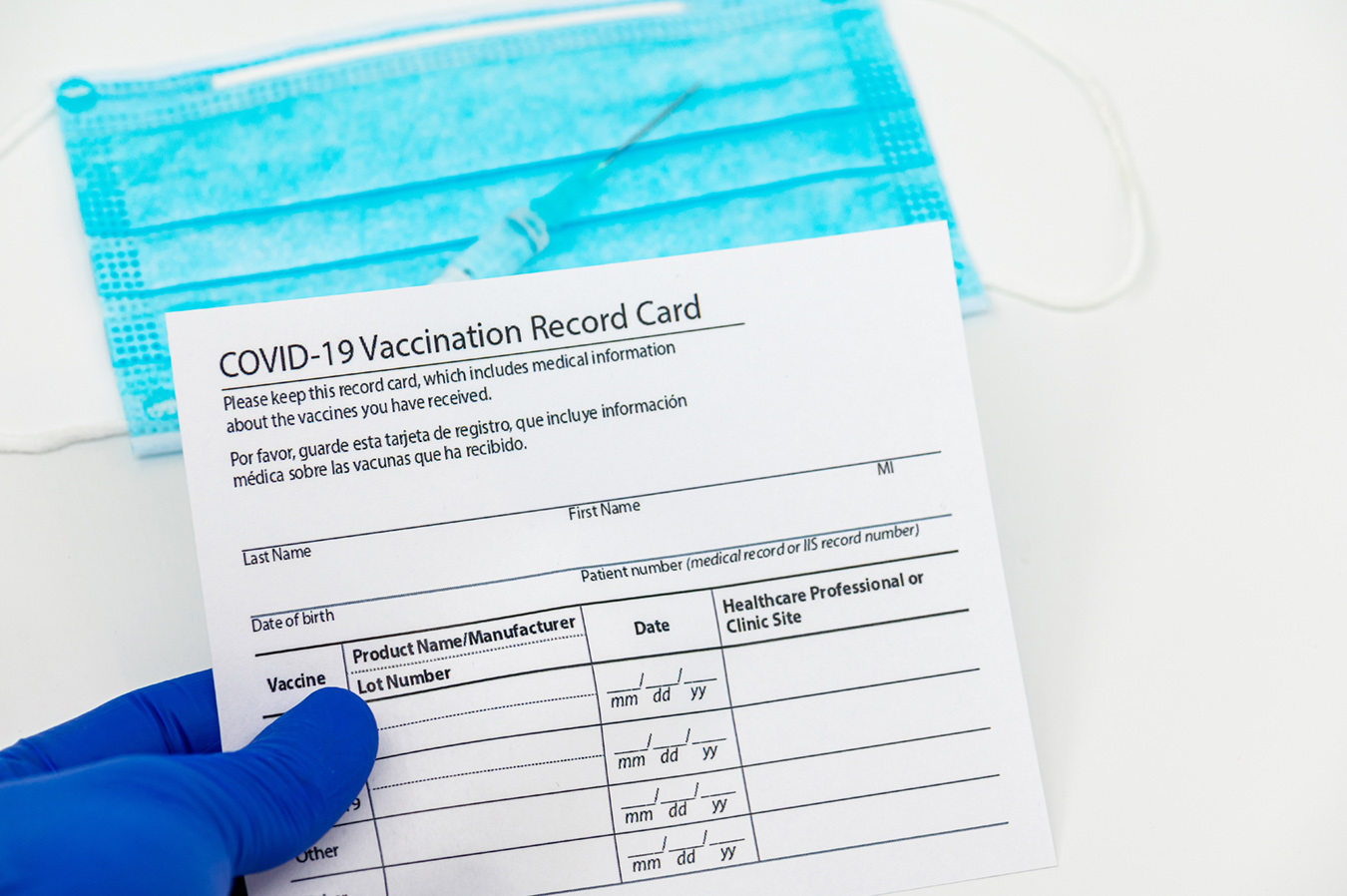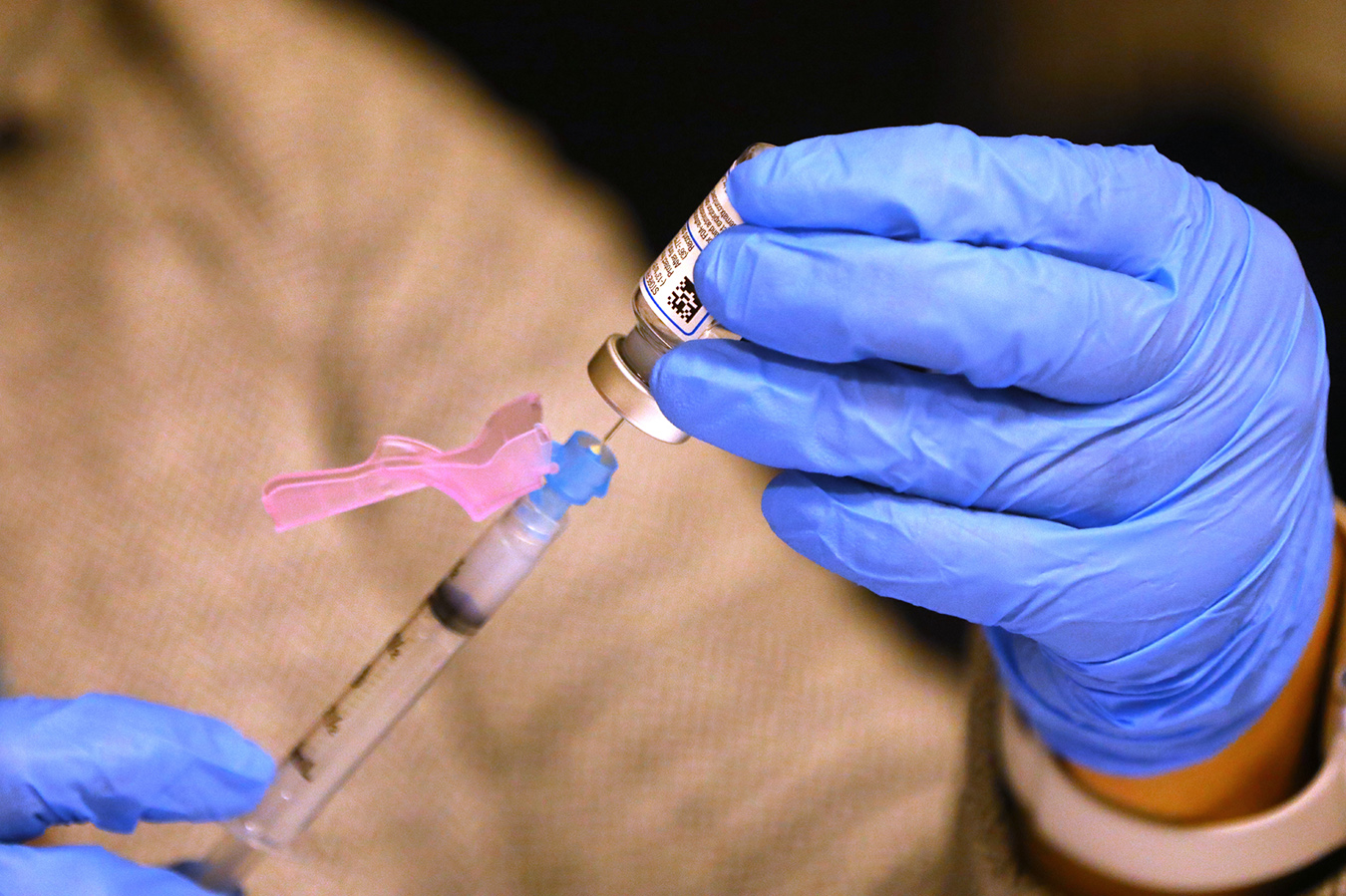Two international studies confirm that for the majority of patients with respiratory infections who lose the sense of smell, this is due to COVID-19. The disease also often results in both loss of taste and the other senses in the mouth. A researcher from Aarhus University has contributed to the new results. If you have...
Health
Drinking During COVID-19 Up Among People with Anxiety and Depression
People with anxiety and depression are more likely to report an increase in drinking during the COVID-19 pandemic than those without mental health issues, according to a new study by researchers at NYU School of Global Public Health published in the journal Preventive Medicine. While drinking grew the most among younger people, older adults with anxiety...
Loneliness Hits Young People Harder During Lockdown
Fear of losing your job, worrying about you or a loved one getting sick, and online meetups with family and friends you have not seen for months. The COVID-19 lockdown has completely changed everyday life for most people around the world. Physical distancing is the new normal and an extremely important tool in the fight...
Depression and Stress Could Dampen Efficacy of COVID-19 Vaccines
Decades of research show that depression, stress, loneliness, and poor health behaviors can weaken the body’s immune system and lower the effectiveness of certain vaccines. A new report in Perspectives on Psychological Science suggests that the same may be true for the new COVID-19 vaccines that are in development and the early stages of global distribution....
Effects of Head Trauma from Intimate Partner Violence Largely Unrecognized
While there is an abundant amount of research about traumatic brain injuries in athletes and those serving in the military, the same data is scarce when it comes to concussions and head and neck injuries sustained due to intimate partner violence. Carrie Esopenko, assistant professor in the Department of Rehabilitation and Movement Sciences in the...
Workaholism Leads to Mental and Physical Health Problems
Workaholism or work addiction risk is a growing public health concern that can lead to many negative mental and physical health outcomes such as depression, anxiety or sleep disorder. Perception of work (job demands and job control) may become a major cause of employees’ work addiction. The international group of researchers including the HSE University...
The Richer You are, The More Likely You’ll Social Distance, Study Finds
The higher a person’s income, the more likely they were to protect themselves at the early stages of the Covid-19 pandemic in the United States, Johns Hopkins University economists find. When it comes to adopting behaviors including social distancing and mask wearing, the team detected a striking link to their financial well-being. People who made...
New Study Suggests That College Campuses Are COVID-19 Superspreaders
College campuses are at risk of becoming COVID-19 superspreaders for their entire county, according to a new vast study which shows the striking danger of the first two weeks of school in particular. Looking at 30 campuses across the nation with the highest amount of reported cases, experts saw that over half of the institutions...
Feeling Left Out: Private Practice Doctors, Patients Wonder When It’s Their Turn for Vaccine
Dr. Andrew Carroll — a family doctor in Chandler, Arizona — wants to help his patients get immunized against covid, so he paid more than $4,000 to buy an ultra-low-temperature freezer from eBay needed to store the Pfizer vaccine. But he’s not sure he’ll get a chance to use it, given health officials have so...
Hospitals’ Rocky Rollout of Covid Vaccine Sparks Questions of Fairness
Last week, after finishing inoculations of some front-line hospital staff, Jupiter Medical Center was left with 40 doses of precious covid vaccine. So, officials offered shots to the South Florida hospital’s board of directors and their spouses over age 65. But that decision sparked outrage among workers left unvaccinated, including those at one of the...










